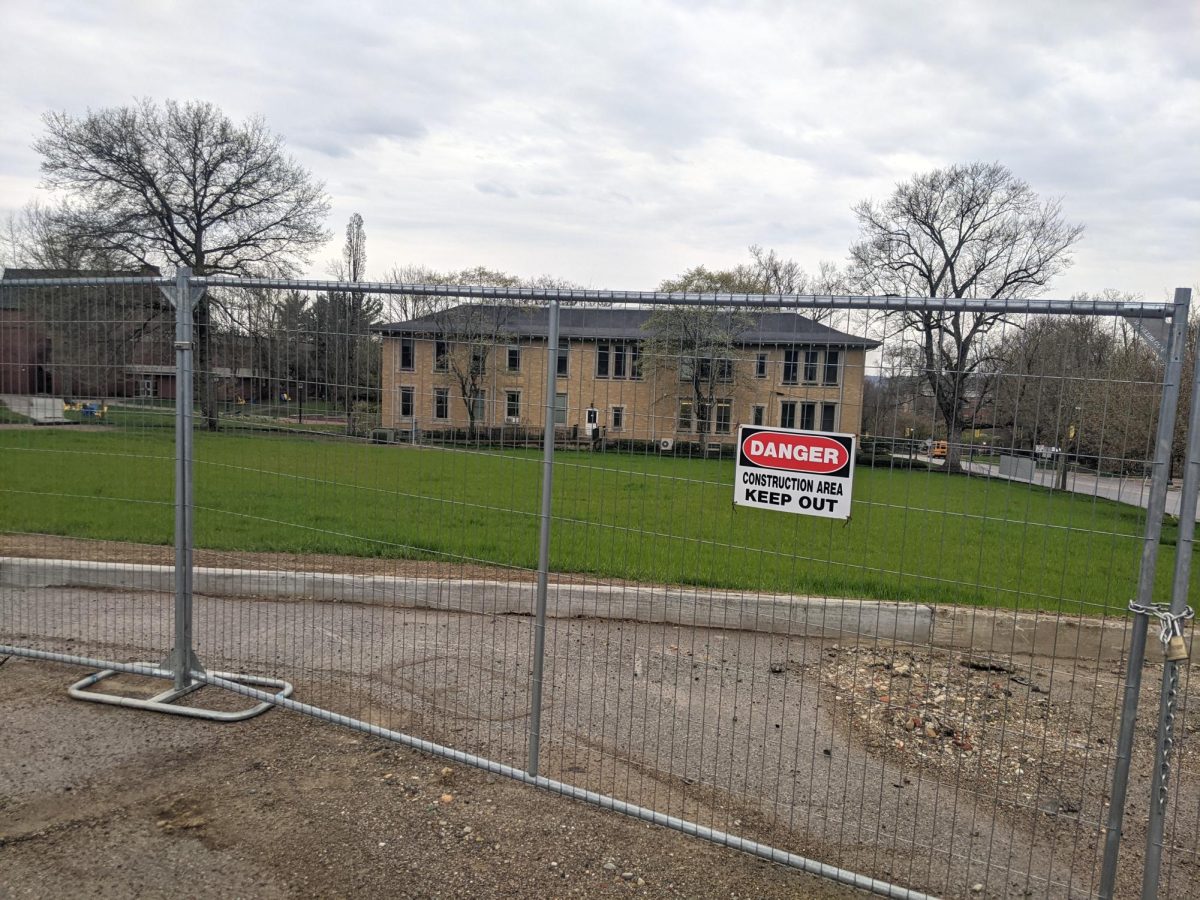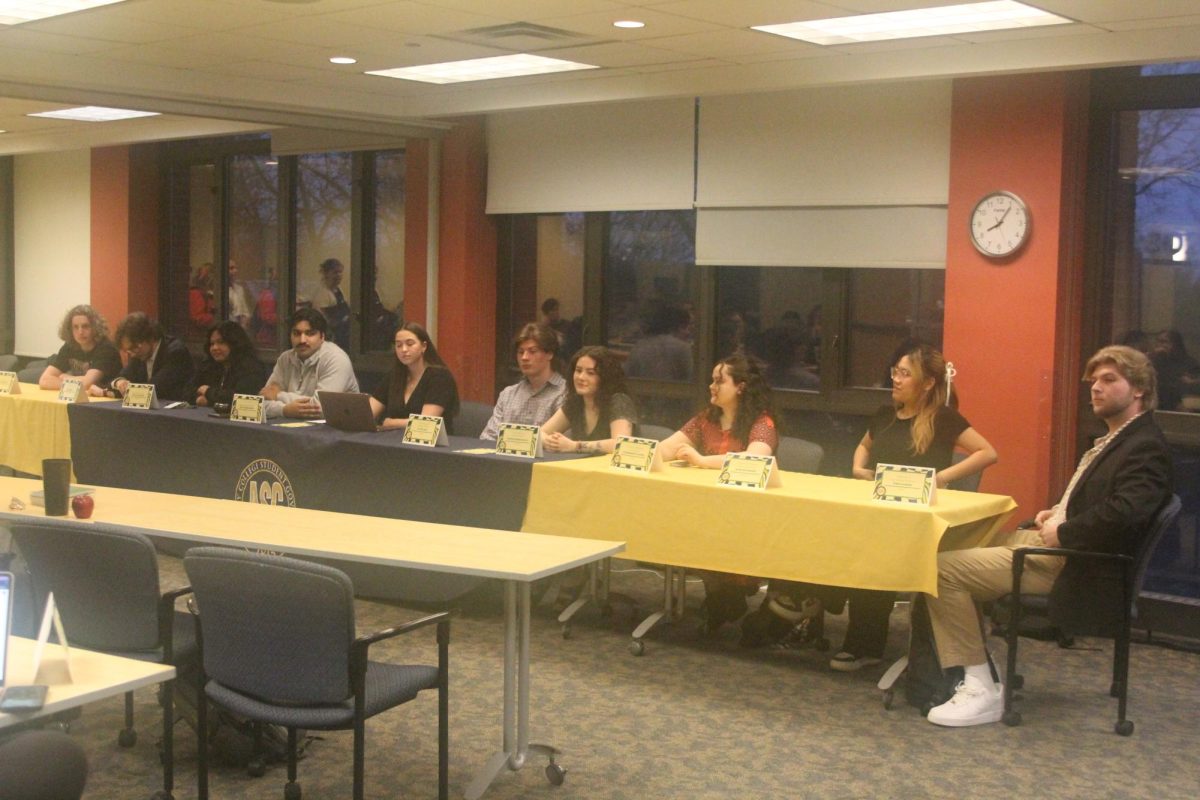by Mike Oliphant
Five years ago, the group Partners in Education started as a small handful of Meadville community members that knew something within their school district needed to change. They watched for years as more students dropped out of high school and more faculty became frustrated. Today, the group has 30 to 35 members representing many different agencies working to close the growing education gap.
According to David Miller, professor of English and an ambassador between the college and the district as an 8-year member of the school board, the problem is national.
“The larger picture here is the crisis that the U.S. education system is facing,” Miller said. “We currently have a 50 percent attrition rate for our country’s teachers and thus an increasing number of students who are ill-prepared to graduate high school.”
This high attrition rate is often linked to the focus of most schools’ curriculums: high standardized test scores that may lead to greater funding. However, Miller believes that partnerships such as PiE are the solution to closing this gap and redirecting this focus.
“The current tendency to teach to the standardized test really shuts down creative and critical thinking, which in this day and age will really help students achieve future citizenship,” Miller said. “So the best way for a public school to improve itself is to get engaged with the community around it.”
Miller added that the problems in schools is not limited to standardized testing.
“It’s not just the testing but the whole syndrome that surrounds it, including textbooks that are geared toward covering the bases of the subjects,” Miller said. “As a result, they are often incomprehensible to these younger students.”
He cited the example of the Meadville Tool and Dye industry, a large part of the community’s job opportunities. Within the next few years, the town will see many workers from this industry retire and employees are concerned that current high school students will not have the skills to fill these jobs. PiE is working to incorporate these employers into this initiative by encouraging them to provide internships and send representatives into the schools to talk to the kids.
“I’m not solely for education as a means to getting jobs,” Miller said. “[But] it does seem to be a driving force for many of the students.”
Another initiative of PiE deals with getting students who do not graduate high school a GED so that they may do more with their particular skill sets and learn more about the job market.
Meadville currently has a 50 percent poverty rate and as a result there are agencies in place that put pressure on school districts to work towards higher test scores, which, in Miller’s opinion can be detrimental to a well-rounded education.
To members of PiE, the more immediate issue is how to help students from lower income families whose guardians cannot be as engaged with their child’s education as they would like to be. As a result, a vital part of this program has to do with the parents’ involvement with the district and their children’s education.
“Perhaps we could one day get rid of No Child Left Behind if parents chose to opt their children out of these standardized tests, but this is not necessarily possible right now, because the districts depend on the test scores for funding,” Miller said.
Miller believes that his job in PiE involves hammering away at the issues that need dealt with: foreign language programs, tutors in math and music, and most importantly, connections with individuals and mentors.
Erin O’Day-Frye, AmeriCorps VISTA project coordinator for Erie and Crawford Counties, echoed this point.
“It’s always important to have student voices and perspectives, especially around educational initiatives,” O’Day-Frye said.
She stated that students could become involved on multiple levels, one of which is to attend the monthly PiE meetings to present their own ideas for the organization or to talk about what their own programs on campus are doing.
Currently, the partnership has established neighborhood center afterschool programs for college students that are supported by PiE.
They include volunteer positions, work study positions and student leader positions among others.
“Many of their programs match students one-to-one or one-to-a-small-group as a sort of mentor/tutoring position,” O’Day-Frye said.
“The students from the district really benefit from this, because it is not just a one day event, it is a consistent involvement.”
Dave Runcolato, director of community service and service-learning at ACCEL and another constituent for PiE, said that their goal is to rally the community.
“Our philosophy is that it takes a village to educate a student,” Runcolato said. “Our goal was to help level the playing field for youth that don’t have as many advocates and support systems in their own community.”






